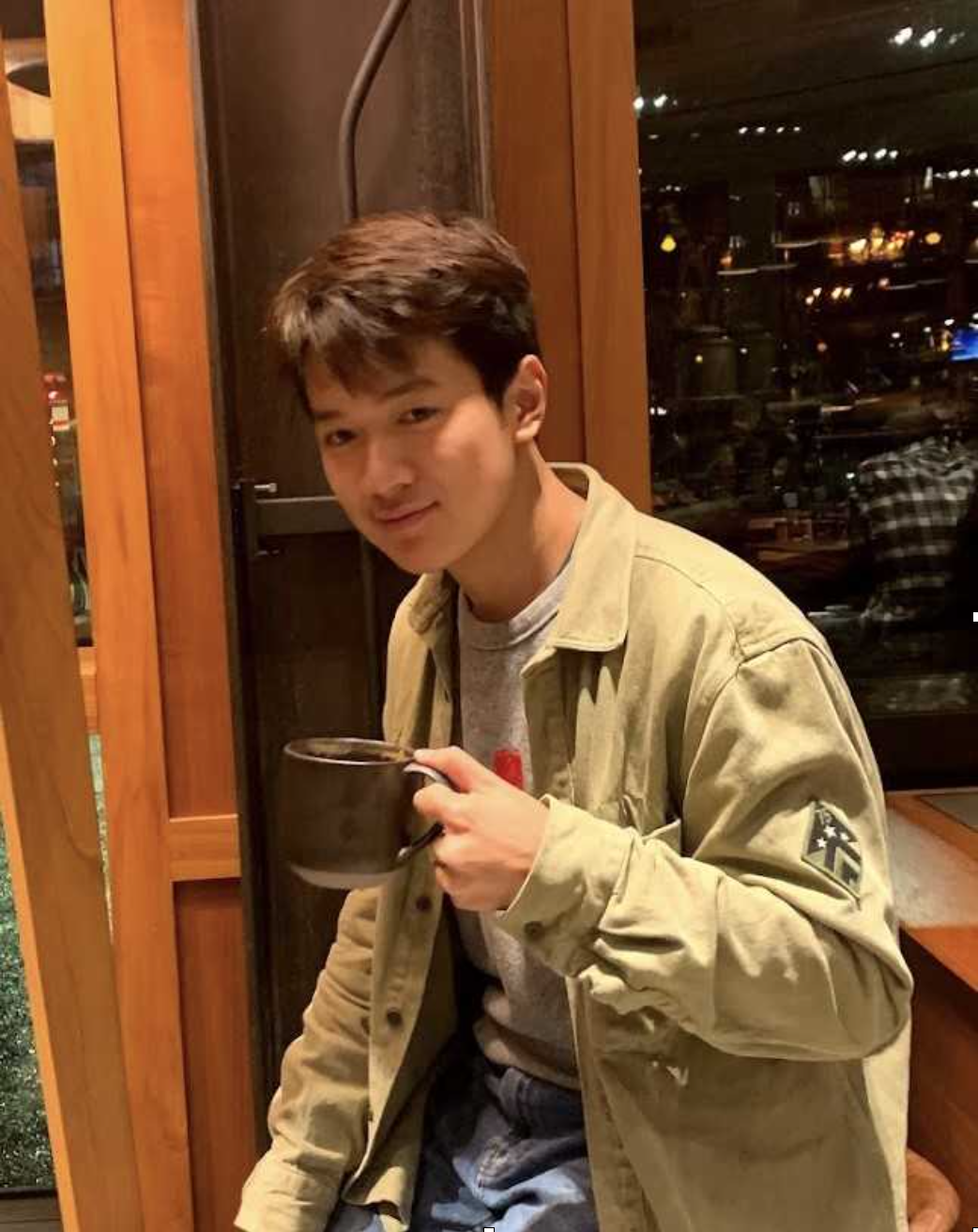Pengcheng Fang is a first-generation queer Chinese settler living and studying on the unceded and ancestral territory of xwməθkwəy̓əm (Musqueam) Nation. His undergraduate thesis, under the supervision of Dr. Amanda Cheong, explores how racialized UBC students understand and practice reconciliation in their everyday lives.
We spoke to Pengcheng about his research project.


Pengcheng Fang
1. What was your project about? You won the prize for best Sociology Honours thesis in 2022, what does that achievement mean to you?
My Honours thesis examined how UBC racialized students practice reconciliation in their everyday lives as they navigate the tension between being marginalized as the racialized ‘other’ and as settlers who have varying affiliations with the state apparatus. To answer this research question, I adopted a qualitative approach and interviewed eight racialized students about their understanding of reconciliation and their sense of belonging in settler-colonial nationhood.
I’m incredibly honoured to be recognized amongst the outstanding research led by my peers this year! This achievement is not only a reflection of my own work but is very much grounded in all of the support and love I have received along the way– in particular, my late grandfather, who has always inspired and motivated me to pursue my passion and chase my dreams.
2. How did you get interested in this topic and what are the main take-aways from your work?
My interest in this topic stems from my own positionality as both a racialized Canadian and an uninvited guest on xwməθkwəy̓əm (Musqueam) territory. As someone who benefits from their settler identity yet has also experienced racial discrimination in this country, I was interested to use this research opportunity to find out how other racialized community members make sense of reconciliation when so many of us are socialized within settler-colonial systems.
My research reveals a general distrust among racialized students toward institutional reconciliation and a corresponding shift toward engaging in relational reconciliation in spaces like family, work, and community. While first-generation immigrant parents are often more focused on providing material security for the household, second-generation racialized students are increasingly critical of how to leverage their privilege and build solidarity with Indigenous communities given their settler legal status and improved access to post-secondary institutions.
3. What was the most difficult part of this learning journey? What was most satisfying?
The most difficult part of this experience was keeping the momentum of writing within a much more prolonged timeline than what I am used to. Juggling the Honours project alongside my other courses, part-time jobs, and social connections, definitely was not an easy task and required me to make some hard choices. At the same time, I also enjoyed sitting down and working on an interest and a question that is so personal to me. In fact, part of the joy that came with a longer timeline was being able to sit with my ideas and amend my framing throughout the project – which was truly refreshing for the creative and spontaneous sides of me!
4. What skills did you develop or strengthen as a result of this project?
On top of refining my academic writing skills, this project has pushed me to learn and incorporate technological tools into various stages of the research process. From using Zotero to build my literature review to figuring out how I can organize codes and themes on NVivo, there was quite a learning curve when I first begin to approach and apply these tools. It’s now hard for me to imagine how the project would unfold without them! These learnings have also carried forward in some of the other projects I have been a part of since then.
5. What was your experience working with Sociology faculty on this project?
It was truly a pleasure to work under the supervision and guidance of Dr.Amanda Cheong. Throughout different stages of this project, Dr.Cheong shared impactful insights as well as her own personal research experience – which played an important role in shaping and materializing my initial research ideas. This project would also not have come to its fruition without the guidance, feedback, and helpful tips from Dr. Oral Robinson and Dr.Kerry Greer. I am grateful for the unwavering faculty support I have received throughout this process!
6. What are you doing now and what advice would you give to undergraduate students wishing to do research?
I have recently started my Master’s in Urban Planning here at UBC, which is super exciting as I get to incorporate my sociological training in both my graduate study and future work as an urban planner! In my WorkLearn position as a project researcher in the Faculty of Pharmaceutical Sciences, I also have the opportunity to build my qualitative research skills and facilitate community-driven decolonization and Indigenization efforts in Pharmacy academic programs.
My advice for undergraduate students looking to get started with research is, first, reflect on if there is a question or an area of inquiry that intrigues you the most. Whether it was working on my Honours thesis or supporting local NGOs with their research priorities, I found that my interests and passion in the projects have positioned me to stay focused and grounded in the face of challenges and uncertainties. This leads me to my second piece of advice, which is to strongly consider applying for the Honours program offered by the Department! Dr. Robinson has structured the program in a thoughtful and systematic way such that you will feel prepared and supported as you kickstart this new and unfamiliar learning. Lastly, don’t feel intimated by the ‘end product’ of the research, trust the process and all of the learning in between – it is equally, if not, more valuable than the outcome.


